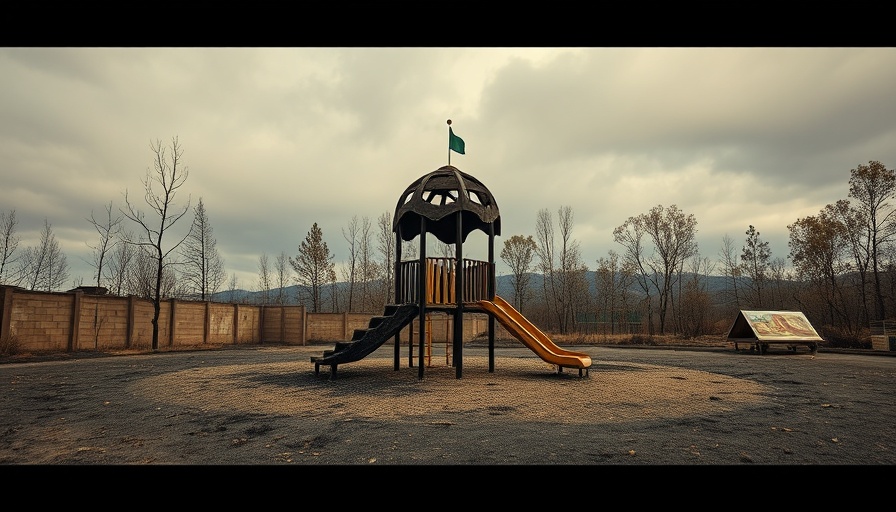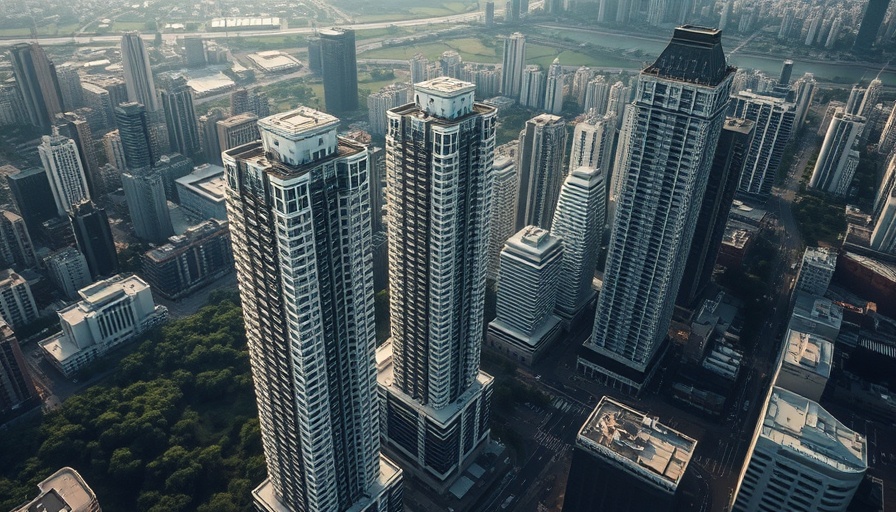
Los Angeles Voters Call for Tougher Building Codes in Fire-Risk Zones
A recent poll reveals a significant shift in Los Angeles residents' attitudes towards housing policies, particularly in the face of increasing wildfire threats. Following the devastating Palisades and Eaton fires in January, an overwhelming majority of Angelenos expressed strong support for stringent building codes and restrictions on new home constructions in high-risk areas. These findings reflect a changing sentiment as residents prioritize safety and fire protection in their communities.
Understanding the Poll Results
The UC Berkeley Institute of Governmental Studies conducted a poll that showed that 80% of respondents favor implementing tougher building codes designed to enhance fire resilience. Astonishingly, 70% of those surveyed also support stricter regulations on home construction in wildfire-prone neighborhoods. Mark DiCamillo, the poll director, highlights the profound impact recent fires have had on public opinion regarding housing safety: "This is a huge event in L.A. history... it's having a major effect on what people think needs to be done in terms of making housing safer."
A Community in Crisis: Displacement and Fear
The recent fires displaced nearly 13,000 households, devastating communities and highlighting vulnerabilities that many homeowners face. In areas like Pacific Palisades and Altadena, where the fires caused substantial destruction, local support for rigorous building regulations is even more pronounced—85% and 82% respectively favor increased standards. These sentiments indicate a collective recognition that while fire prevention cannot guarantee safety, it is imperative in safeguarding homes and lives.
Willingness to Pay for Fire Protection
The poll also revealed that residents are open to increasing taxes if it funds necessary fire protection services. About two-thirds of voters showed support for enhanced funding for fire departments, indicating a proactive approach to disaster readiness. This prioritization of safety measures reflects a profound transformation in how residents view their responsibility towards fire responsiveness in their communities.
Challenges of Rebuilding
As residents like Tracey Alexander contemplate reconstruction, questions about the economic implications of new building codes loom large. Many in affected communities wonder how much more expensive it would be to comply with these regulations while considering whether they want to continue living in fire-prone areas. "Do I want to live in a fire zone? That’s something that is hard to analyze," Alexander admits, capturing the emotional strain many feel amid uncertainty.
The State of Home Insurance
Adding to the tension, insurance rates have become a hot-button issue for residents. Despite evident support for stronger regulations, more than half of the poll respondents resisted increasing home insurance premiums tied to broader coverage options. This reflects a deep concern about affordability amidst rising living costs, emphasizing the delicate balance between safety and financial viability. DiCamillo noted, "I can imagine insurance rates are going to be near the top of voters’ minds when it comes to cost and affordability of living in California." The debate continues regarding how to manage insurance in the wake of such devastating losses.
Future of Urban Development
Interestingly, while many homeowners are in favor of restricting construction in high-risk areas, there is consensus on the necessity to promote high-density housing in safer urban regions. With 55% support for this approach, voters recognize the importance of balancing safety with housing availability. As the population of Los Angeles continues to grow, finding sustainable ways to provide housing without encroaching on fire-prone landscapes will be vital.
Conclusion: Taking Action Together
The insights revealed in this poll mark a turning point for how Los Angeles residents view the intersection of housing, safety, and urban planning. As communities face the repercussions of past decisions, the call for change allows a united front against the threat of wildfires. Engaging in conversations about rigorous building standards, fire safety initiatives, and appropriate tax policies is essential for future resilience. It’s crucial for community members to stay informed and advocate for thoughtful policies that prioritize safety and sustainability.
 Add Row
Add Row  Add
Add 




Write A Comment